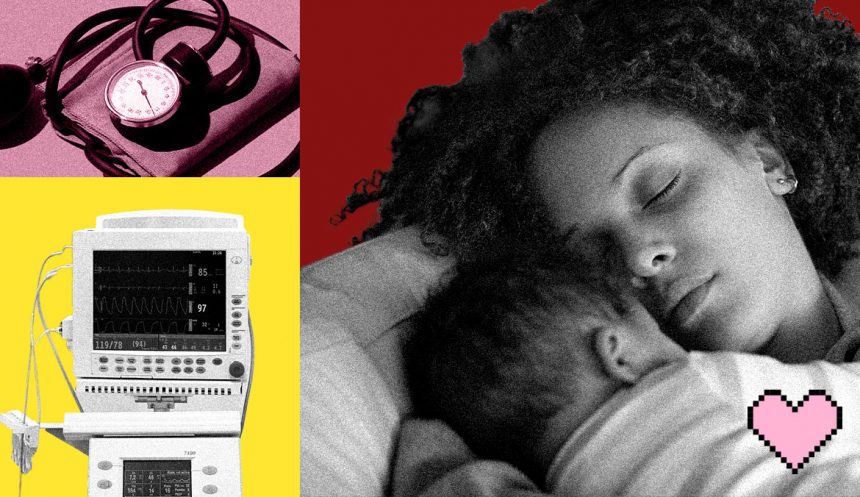Intuition has always played a major role in my household. Ever since my sons were little, we referred to it as the “uh oh” feeling. It’s this indescribable sixth sense that you both feel and sense. You recognize it when it comes on, but it doesn’t have a clear start or end. It’s just a feeling you want to go away. Ignoring it has led to significant consequences in my life, and that’s why my husband and I always advise our three sons to never overlook that feeling. This piece of advice is one that I’m always willing to share. My biggest experience with the “uh oh” feeling occurred when I was 35 years old. I had recently given birth to my youngest son via a complicated C-section, followed by a four-day hospital stay. Despite the lingering pain from the surgery, I was overjoyed and captivated by my newborn baby. He was perfect, with smooth brown skin, a swirl of black waves, and the pinkest little lips. He was our “grand finale,” our third and youngest son, born six years after our second.
As much as I wanted to fully immerse myself in these treasured new moments, the “uh oh” feeling was taking over. I had a growing headache, and my legs and feet were swelling to the point where I couldn’t fit into my socks. However, I convinced myself that there must be a typical (although benign) postpartum explanation for the swelling. Furthermore, with two young kids and a new baby at home, I had many reasons to justify my headache. The day progressed, causing the headache to become so severe that my vision began to blur. After I called my doctor, I was urged to return to labor and delivery immediately.
Less than an hour later, I was on a hospital gurney and my newborn baby was being handed to my husband. A team of nurses was rushing me to intensive care due to my blood pressure spiking to 186/121 (for reference, a healthy blood pressure is below 120/80). I was in hypertensive crisis, and my life was in danger. My diagnosis was atypical postpartum preeclampsia, a rare form of preeclampsia that occurs over 48 hours after childbirth. My symptoms were classic, and without heeding my “uh oh” feeling, I could have experienced a stroke, seizure, or worse.
The situation was terrifying, and I was confined to a hospital bed struggling with anxiety and fear. After being released from the hospital, I learned I had chronic hypertension. In the aftermath, I felt a great sense of privilege realizing that it was instrumental in my survival. Looking back, I recognized that implicit bias, structural racism, and medical gaslighting play a significant role in pregnancy-related mortality rates, particularly among Black women.
Kira Johnson’s tragic story was a shocking reality check for me – a grim reminder of how easily my life could have been taken. Reflecting on my experience, I now have a strong desire to raise awareness of the disparities in maternal care for women. My story is one of survival, and my intention is to advocate for better support and care for Black women during pregnancy and childbirth.






